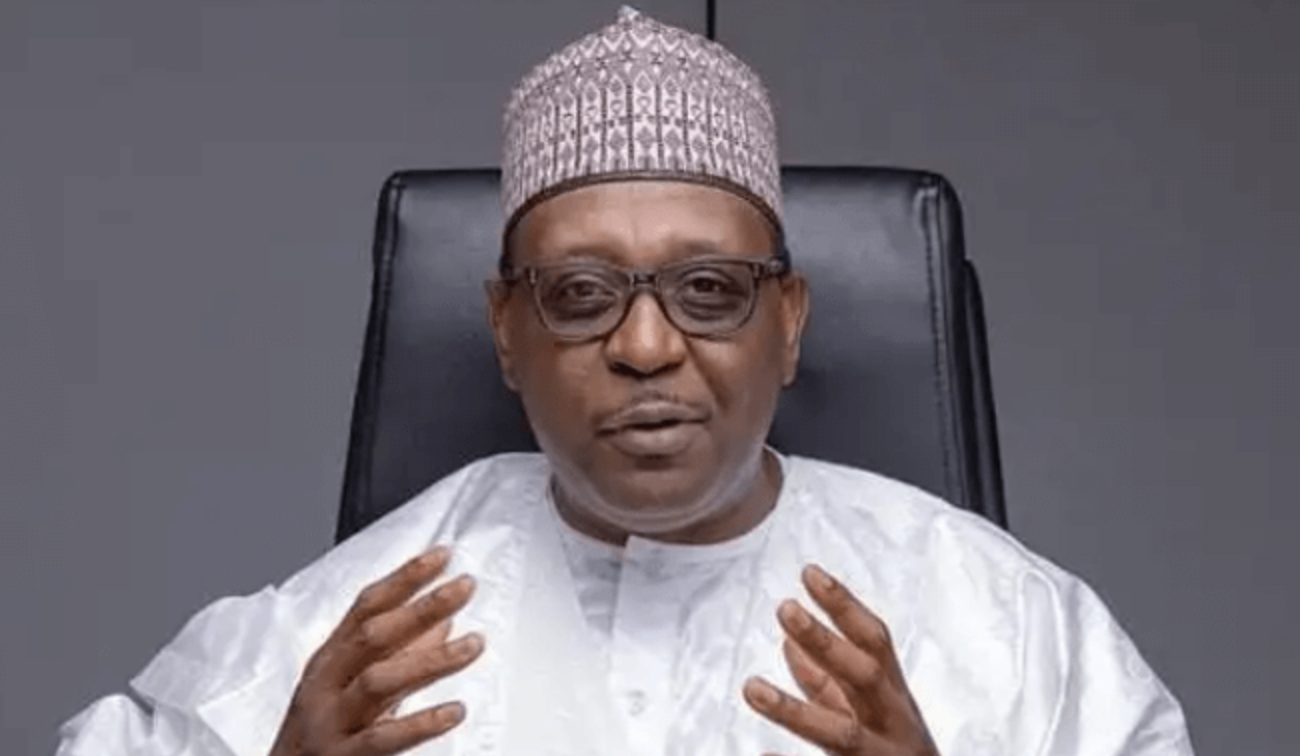The Federal Executive Council of Nigeria approved the establishment of Medipool, a purchasing organization designed to lower healthcare costs by negotiating competitive prices for essential medicines and healthcare products, thereby improving access to quality pharmaceuticals across the country.
The Federal Executive Council (FEC) of Nigeria has approved a significant healthcare intervention aimed at lowering the cost of medical care nationwide, facilitated through a new entity called Medipool. This initiative was announced by Ali Pate, the Coordinating Minister of Health and Social Welfare, during a briefing after a recent FEC meeting led by President Bola Tinubu at the Presidential Villa in Abuja.
Medipool is envisioned as a collaborative purchasing organization that will supply essential medicines and healthcare products across Nigeria, leveraging the Federal Government’s systems to negotiate competitive prices. Pate emphasized that this policy aims to enhance the availability of basic healthcare services, improve funding for health initiatives, and ultimately provide federal tertiary hospitals with the leverage necessary to negotiate lower drug prices.
The initiative is part of the federal government’s broader strategy to make healthcare more affordable and accessible. Pate highlighted that Nigerians have faced significant challenges in obtaining quality drugs at reasonable prices and that this new policy seeks to alleviate that burden by stimulating local pharmaceutical manufacturing and ensuring that high-quality medications are available at lower costs.
The government has been working on this initiative for over a year and a half, driven by the necessity of addressing the rising prices of pharmaceuticals that have adversely affected Nigerians’ health access. Pate referenced various international practices, including the United States’ Executive Orders aimed at reducing drug costs, to underscore the necessity and effectiveness of such measures in shaping the healthcare market.
Pate also discussed the President’s initiative to unlock the healthcare value chain through an Executive Order issued in June 2024, which eliminates tariffs on raw material imports for local drug manufacturers. This executive action aims to stimulate local production and foster a collaborative environment between the government and local suppliers. By consolidating government purchasing power, the initiative intends to negotiate better terms on healthcare commodities, thereby providing a more stable supply at reduced prices.
The scope of Medipool’s operations will cover various aspects of healthcare supply management, including procurement planning, distribution monitoring, logistics management, quality assurance, and regulatory compliance. Moreover, the initiative supports local manufacturers through import substitution and financial management systems, ensuring sustained availability of essential medications at affordable prices through public-private partnerships.
The FEC also approved a contract for the procurement and installation of a cardiac categorization machine at the Usman Dan Fodio University Teaching Hospital in Sokoto, which will cost approximately N2.3 billion. This machine is crucial for diagnosing and treating heart-related issues such as heart attacks and irregular heartbeats, reflecting the government’s commitment to improving healthcare infrastructure and services in Nigeria.
Pate noted that the introduction of advanced medical equipment at these teaching hospitals will not only enhance service delivery in the North West geopolitical zone but also contribute to reducing outbound medical tourism, allowing Nigerians to access necessary healthcare services domestically.
In conclusion, these initiatives represent a significant step toward enhancing Nigeria’s healthcare landscape, reinforcing the government’s dedication to transforming the health sector under President Bola Tinubu’s leadership. The strategic combination of cost reduction through competitive procurement and the expansion of healthcare infrastructure is expected to significantly benefit the health outcomes of the Nigerian population.


